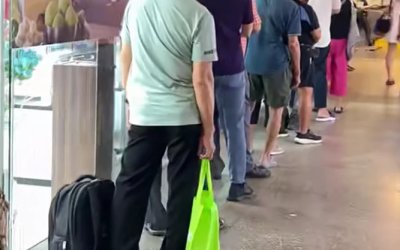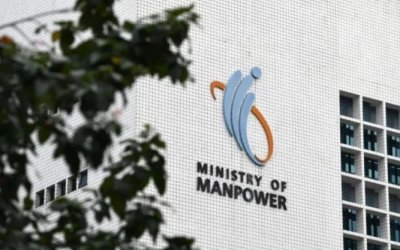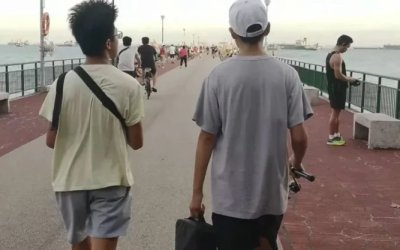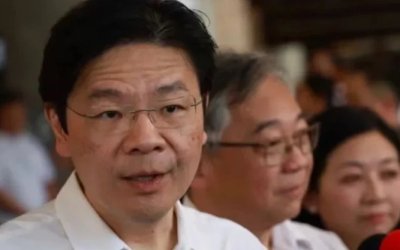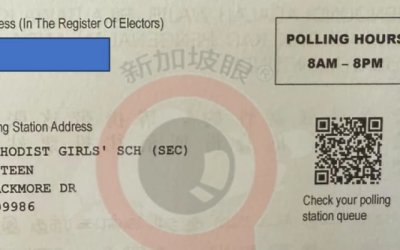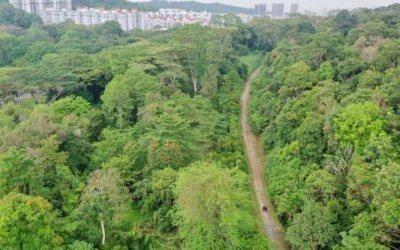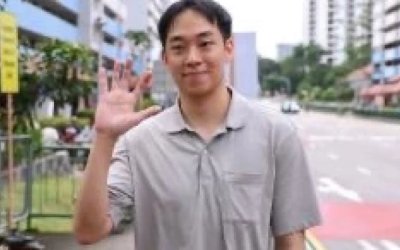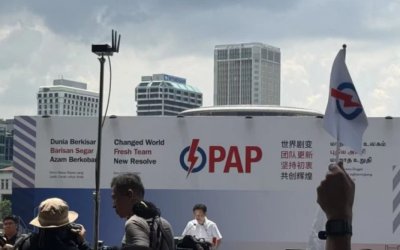ECDA plans to launch the EIPIC-Care pilot in the second half of 2024. For children who require more support, we have been increasing the number of Government-funded places for children requiring medium to high levels of early intervention support. In 2023, we launched 13 EIPIC-P centres, which are operated by private providers; and two EIPIC centres, to increase our capacity by 1,200 places. This is a 26% increase from 2022.
In 2024, we will launch four more early intervention centres and increase our capacity by 1,500 places. We will continue to expand our Government-funded places to serve 80% of children requiring medium to high levels of early intervention by 2027, up from 60% in 2022. This will help to reduce overall wait times for enrolment into an early intervention centre so that children with developmental needs can receive timely support.
To provide stronger financial support for families of older children with special needs, Deputy Prime Minister Wong announced in his Budget speech that we will make Special Education (SPED) Schools and Special Student Care Centres (SSCC) more affordable for families. We will reduce the fees paid to bring the proportion of household income paid for out-of-pocket expenses closer to that of their typically developing peers. To illustrate, families with a monthly household income of $6,000 will see one-third decrease in their out-of-pocket expenses paid for SSCC, from $500 to around $340.
Ms Hazel Poa asked on the use of restorative justice in cases of spousal violence. As families navigate various milestones in their life journey, we want to build strong families and ensure parents are equipped to build safe havens for their children.
Unfortunately, some families are not safe when violence happens at home. To strengthen protection for survivors of violence, we moved the Family Violence (Amendment) Bill in Parliament last year. These provisions also strengthen powers for the Government to rehabilitate perpetrators, which is crucial to helping families reconcile once protection and safety for survivors have been achieved.
Our social service practitioners also support families at risk of harm or who are experiencing violence to address the root causes for the use of violence and work with the survivor and perpetrator to heal and restore relationships where possible. Support for these families would include counselling. Family members, including children, may attend these counselling sessions to achieve healing and restoration of family relationships where it is safe to do so.
However, we will not hesitate to take firm measures when such restoration is not possible in the immediate term. This includes exercising the full powers of the law to take the perpetrators to task and to ensure the safety and protection of the survivors. Mr Chairman, in Mandarin, please.
(In Mandarin): Families are the bedrock of our society. We want to give parents and parents-to-be greater assurance in the caregiving of their children. We want to provide every child with a good start in life. This is an important part of our vision in realising a Singapore Made For Families.
We will continue to make preschools more accessible and affordable for families. We will further reduce childcare fee caps at Anchor and Partner Operators by $40 in 2025. We will make a final reduction in 2026. We will also increase the number of Government-supported preschool places, so that 80% of preschoolers can have a place in a Government-supported preschool by 2025. We will continue to maintain this 80% from 2025 to 2030.
We have also heard from parents that the most challenging period was during their child's infancy. To better support parents in the care of infants, the Government will work with service providers to launch an infant childminding service to provide another caregiving option for parents. We will provide funding to keep the childminding service affordable for parents. To ensure that the infants are well cared for, ECDA will conduct background checks and require operators to meet service requirements to ensure safety of the infants. ECDA will also work with operators to co-develop industry standards. This includes laying out what constitutes a safe childminding environment and the respective responsibilities of operators and childminders.
Parents of children with development needs also require greater support to help their child reach their full potential. For parents to do this well, they will need to be equipped with the skills to provide early intervention support at home. This is why we will be introducing an EIPIC-Care pilot, a training programme for caregivers of two- to three-year-olds with developmental needs. For children with higher needs, we will continue to increase the number of Government-funded places for children requiring medium- to high levels of early intervention support.
(In English): As Minister Masagos shared, all of us must play our part to realise our vision of a family-friendly society and a Singapore Made for Families.
We have seen many volunteers who have worked alongside professionals to support our families in need. Ms Marsha Hernatasha and Ms Qistina Mohamed Nasir are friends who are volunteers together for KidSTART Garden Wonders. As volunteers, they welcome KidSTART families, pack and distribute goody bags and engage the children during the storytelling sessions. Ms Marsha and Ms Qistina sees volunteering as an opportunity to do something good and give back to families with young children. As we dedicate 2024 as the Year of Celebrating Volunteers, let us appreciate and recognise the contributions, effort and sacrifice of our volunteers.
We are committed in supporting our parents and parents-to-be, so that they are assured that every child can have a good start in life in Singapore and that they have fair access to opportunities to progress in life.
新加坡国会丨来源
新加坡国会丨图源
